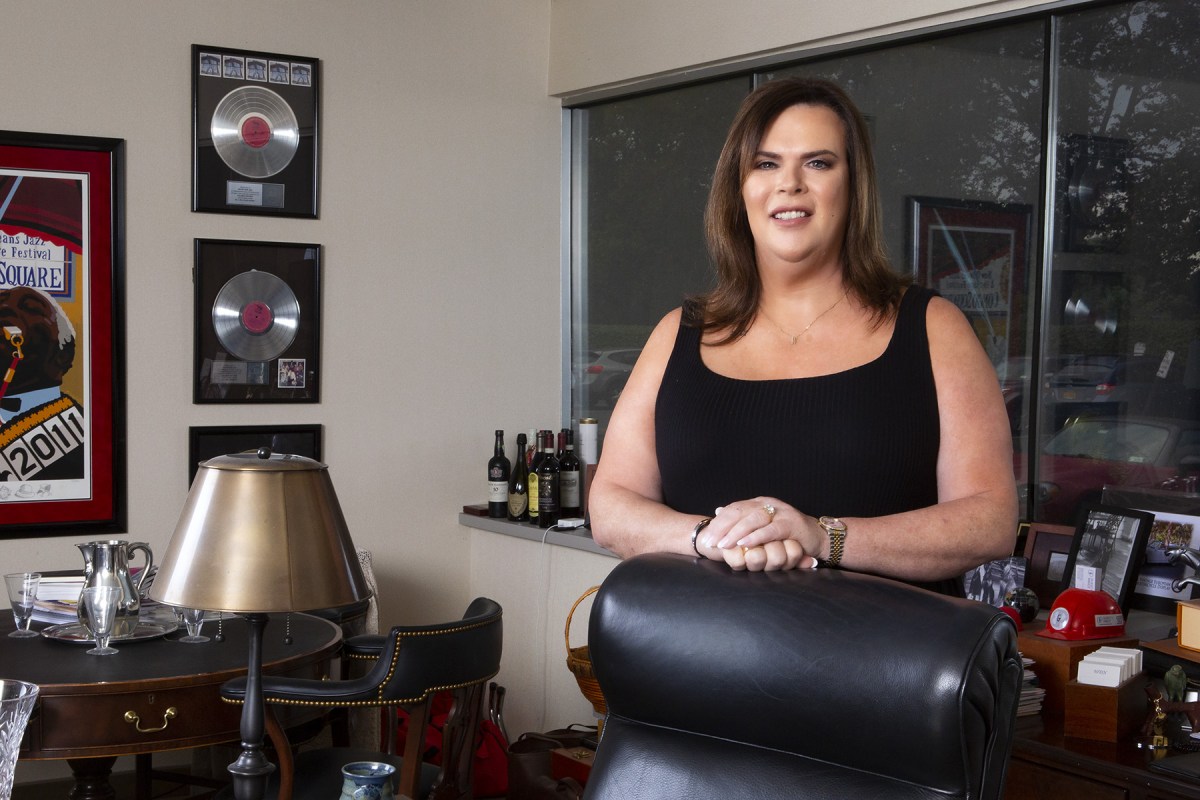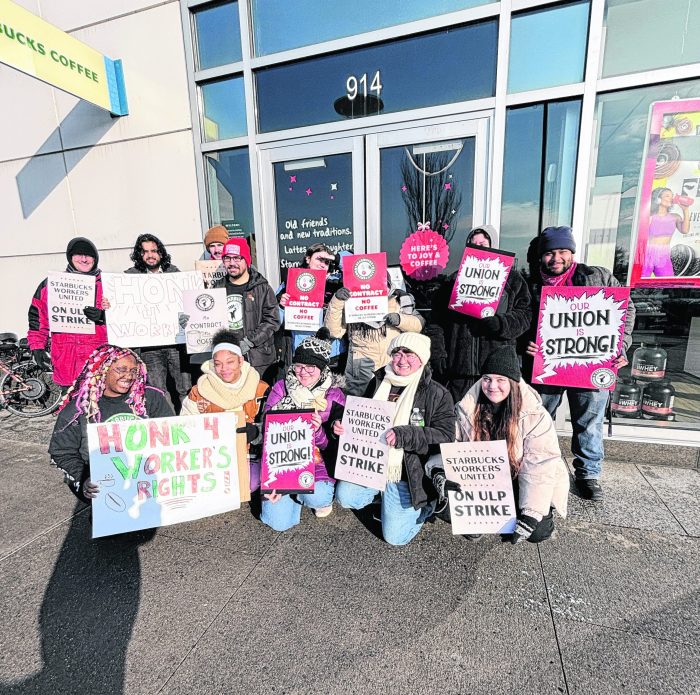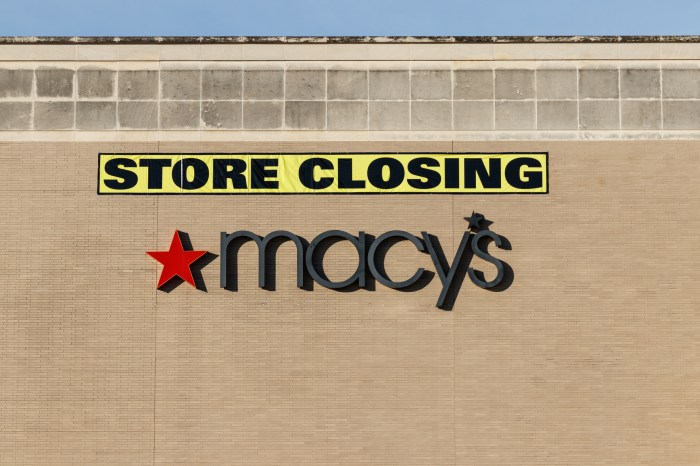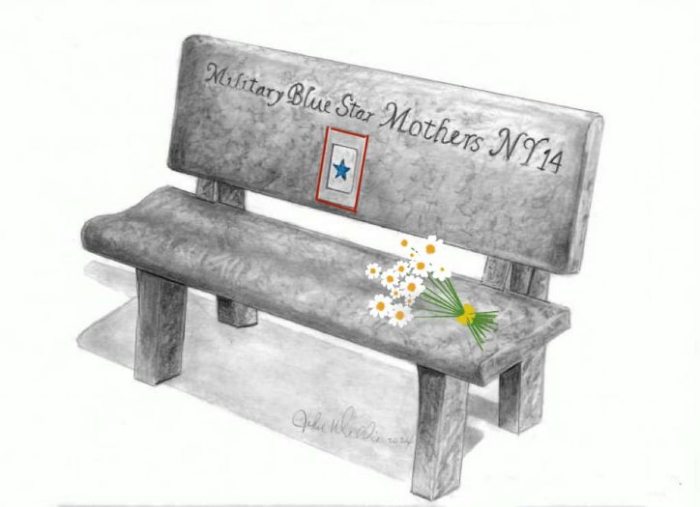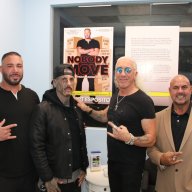Wynne Nowland leads Bradley & Parker, an insurance, risk management and financial services firm based in Melville. We talked with the CEO about being trans, as well as developments in the insurance industry, including managing Covid.
What was it like as a trans person coming out? My personal experience was probably considerably easier than most. It was a fairly easy transition. I was accepted extremely well by my colleagues, not just the people who work in my company, also our client base, insurance company partners and vendors.
How did you let people in your life know? I picked a date and then I made sure that they were made aware of what I was doing. Nobody likes big surprises like that! I sent out a series of emails to people, letting them know what was going on. To people like my butcher and dry cleaner and even some favorite restaurants, I sent a snail mail telling them what was going on. So the next time I walked in, they knew what to expect.
Was this something that you had wanted for many years or only more recently? If I go back to my childhood, I always felt uncomfortable in my gender and confused as to why I felt the way I did. Back when I was 5 years old, this wasn’t a topic. As time went on, I always felt the same way. There didn’t seem to me to be options to do anything about it. As time marched on and this became more public and the internet made it easier to get information, I went through a gradual process.
To what do you attribute your company’s longevity? We just celebrated our 80th anniversary last year. We think it’s a core belief in doing the best we can for our clients and our team. We’ve tried to adapt to times with technology and customer engagement.
Why aren’t people typically covered for the pandemic? When they write insurance policies, they come up with actuarial tables that develop the rates. Like most of us who didn’t contemplate this could happen, neither did they. If the insurance industry paid all the claims out there because of Covid, the industry could be bankrupt.
Is the insurance industry recession-proof? I like to say the insurance business is not recession-proof, but it is recession-resistant. Most insurance that companies carry can’t be eliminated as a cost-saving measure. To the degree that companies stay in business, they still need insurance. As payrolls and sales went down for some clients, that could drive insurance premiums down.
What things can individuals or companies do to drive down premiums? Working with a qualified insurance advisor, companies can work to be safer, which ultimately can reduce premium costs. For instance, when they hire an employee who will be driving, they check their driving record. There are risk-management techniques, steps companies can take to lower the risks they have.
What are some other examples? If you’re a manufacturer, make sure that any machinery that could injure workers is properly monitored and has the proper locking devices. If a contractor uses a subcontractor, make sure the subcontractor has the proper insurance. If you own a building, make sure a sprinkler is installed and working.
How are you and the insurance companies working with individuals and companies amid Covid? There was a mandated component: We won’t cancel your insurance even if you don’t pay. Then there were voluntary things that the industry and many brokers did to help customers. Many personal insurance companies lowered automobile insurance premiums and refunded some of the premiums. People were not driving as much, so there was less risk. That was fairly common. We reached out to customers to see how they were doing. In cases where their businesses slowed down or temporarily closed, we got insurance carriers to voluntarily reduce some of those premiums.
Do you think the insurance industry could cover future pandemics? I think at some point and probably more so now with the new administration in Washington, they’ll come back to the question as to how to cover something like this in the future. They did that in 2001 after 9/11. A lot of the 9/11 claims weren’t covered either. They developed a new coverage, terrorism coverage, partially underwritten by the federal government. We’ll probably see something like that.
For more business coverage visit longislandpress.com/category/business



